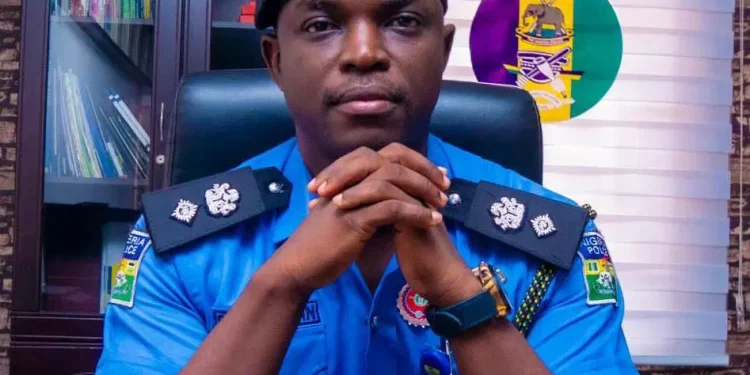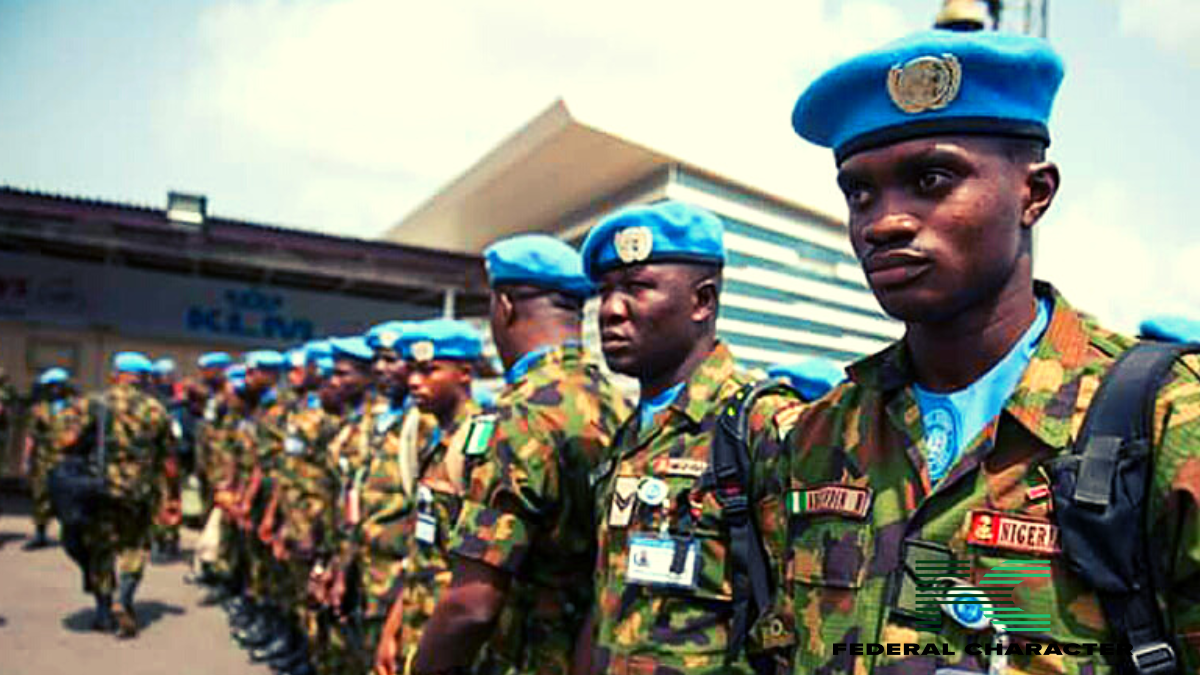When the police change their spokesman, it is more than just a new face at press briefings. It is about trust, image, and the story they want the public to believe. The police know Nigerians don’t trust them much, so whoever speaks for them carries a heavy load. That is why Benjamin Hundeyin’s appointment as the new Force Public Relations Officer matters.
A Familiar Voice, Now on Bigger Stage
Hundeyin is not a stranger to Nigerians. For years, he has been the face and voice of the Lagos State Police Command, a tough posting where crime stories, public anger, and controversial cases never end. Lagos is a boiling pot, and Hundeyin managed to stand in front of the fire daily. Sometimes he calmed tempers, sometimes he was dragged, but he never went missing. Now, he is stepping up to the national stage where the whole country will be watching.

What Makes Him Different?
Hundeyin is not the usual police spokesman who only reads statements. He is educated in both English and criminology, active online, and not afraid to engage people directly on social media. In a country where the police are often accused of being distant and arrogant, he has tried to present himself as open and responsive. That is something Nigeria badly needs in its police image. But talking well and earning trust are not the same thing. Words are easy. Changing perception is the real test.
Can One Man Fix a Broken Image?
Nigerians don’t distrust the police because of bad grammar. They distrust them because of bad actions—harassment, corruption, brutality, and poor service. So while Hundeyin’s job is to “improve police image,” people will judge him not by his words but by what happens on the streets. If officers keep extorting drivers, if “bail is free” remains a joke, then no amount of PR will work. This is where Hundeyin Takes the Mic: New Face of Police PR becomes tricky—he may speak well, but can he convince Nigerians that the police actually care?
Between PR and Reality
The outgoing spokesman, Muyiwa Adejobi, also spoke well and defended the police at every turn. But his time showed the limits of PR—because when Nigerians see injustice daily, no official statement can erase it. Hundeyin inherits the same problem. He has the skills, the education, the experience, but he also has the same institution to defend. And Nigerians know the difference between fine words and real change.
Why His Appointment Still Matters
Even with these doubts, Hundeyin’s appointment matters. It signals that the police want someone younger, sharper, and more in touch with the public voice. He has been on UN peacekeeping duty, he has managed communication at different levels, and he knows how to use modern tools. If he can balance defending the Force with speaking honestly about its failures, he might succeed where others failed. If he becomes just another voice making excuses, then this chapter will end like the last one.
Final Thought
Hundeyin may not change the Nigerian Police overnight, but he has a chance to change how they talk to Nigerians. His words alone cannot clean the Force, but they can open space for dialogue.

















